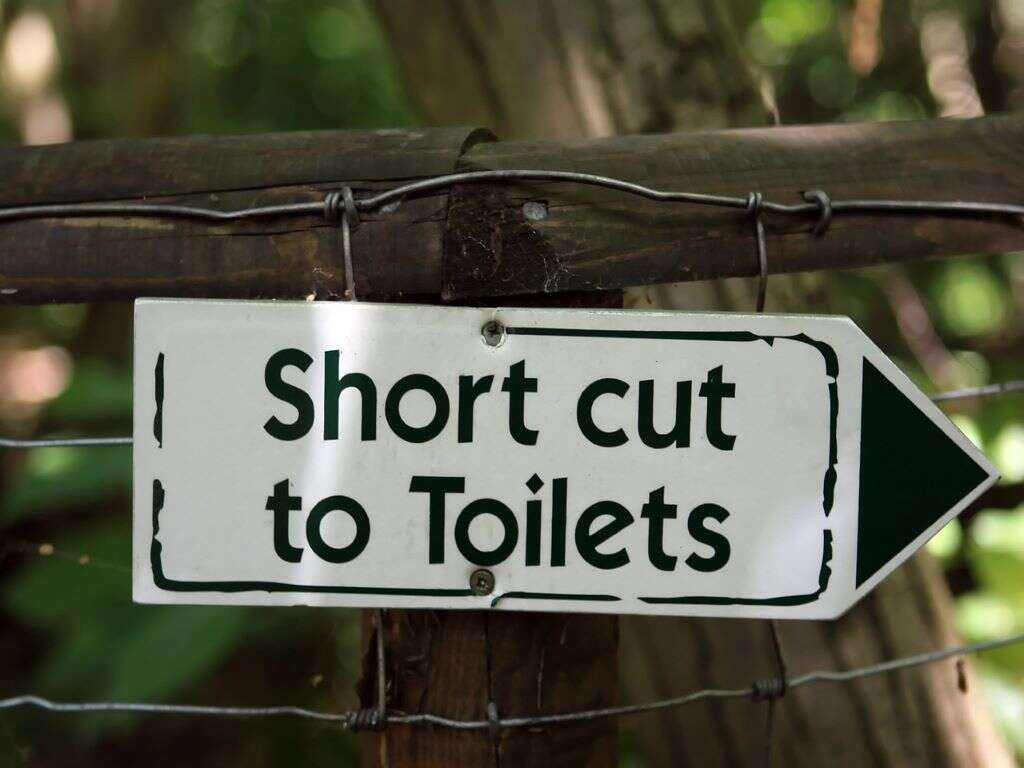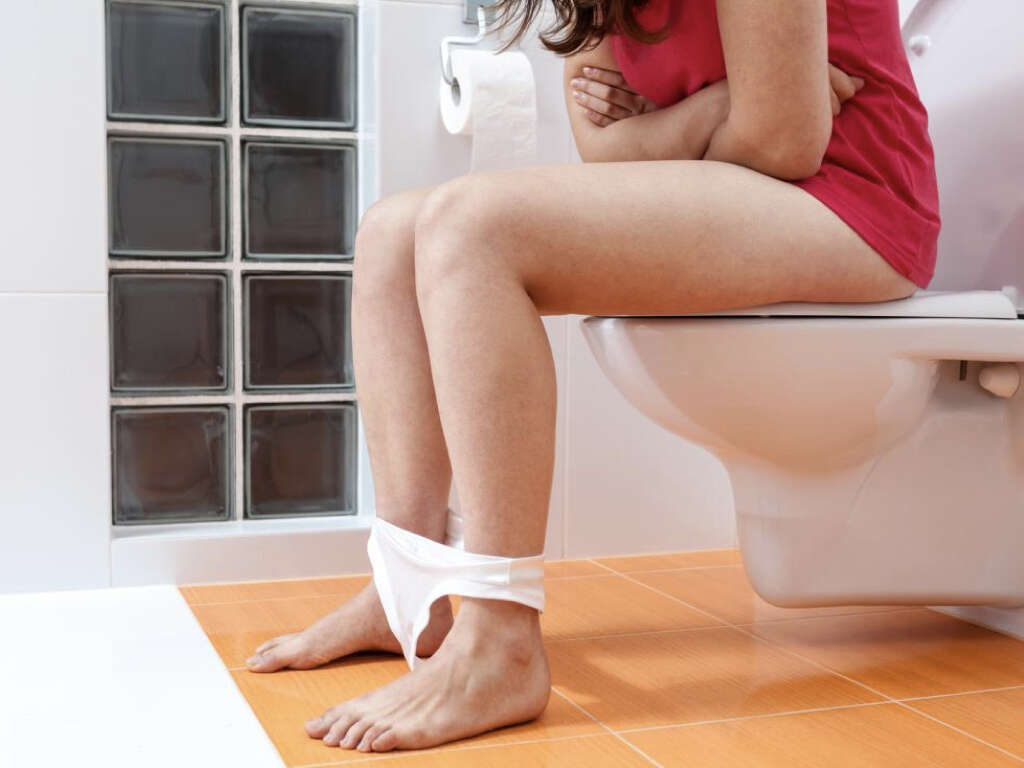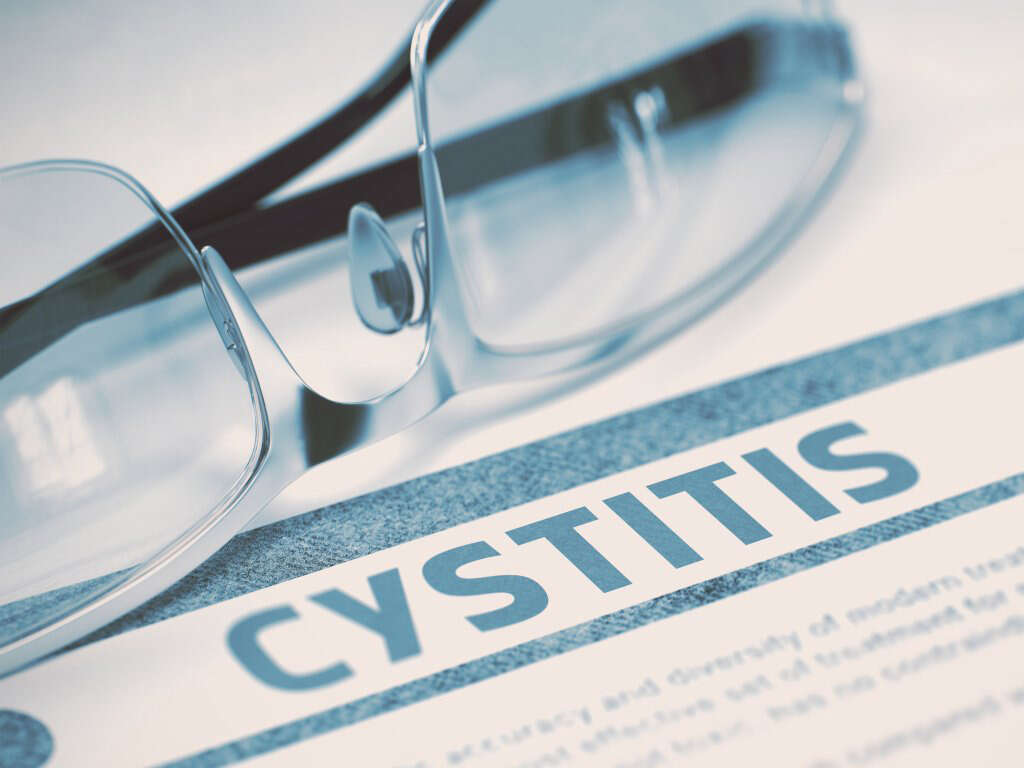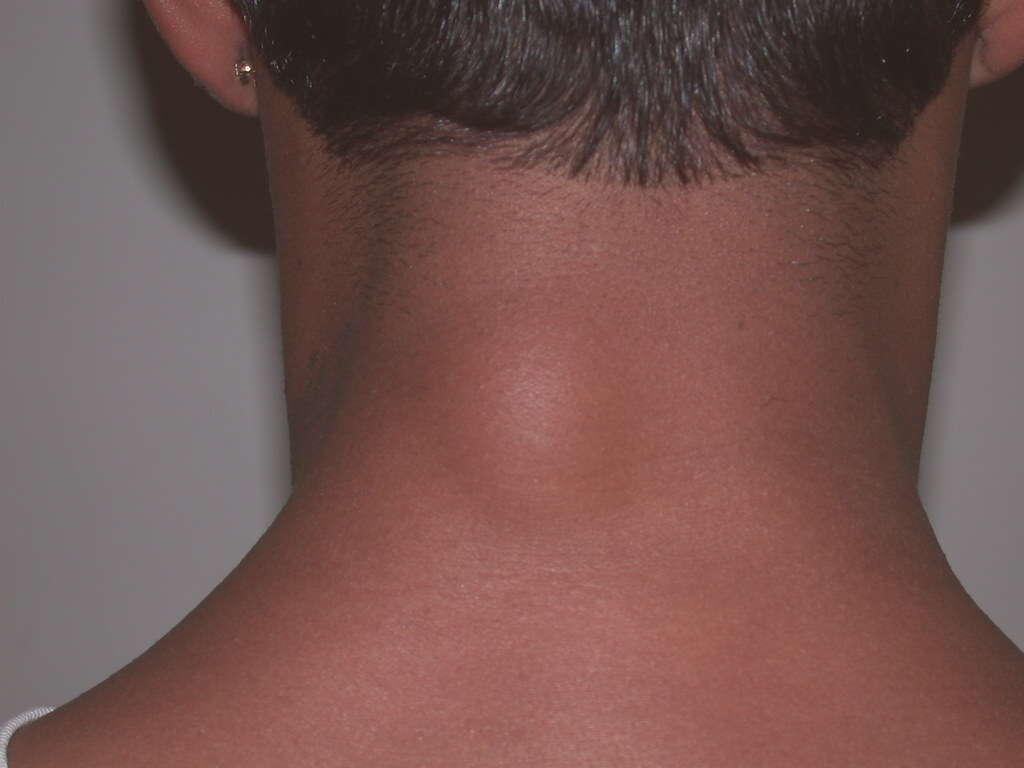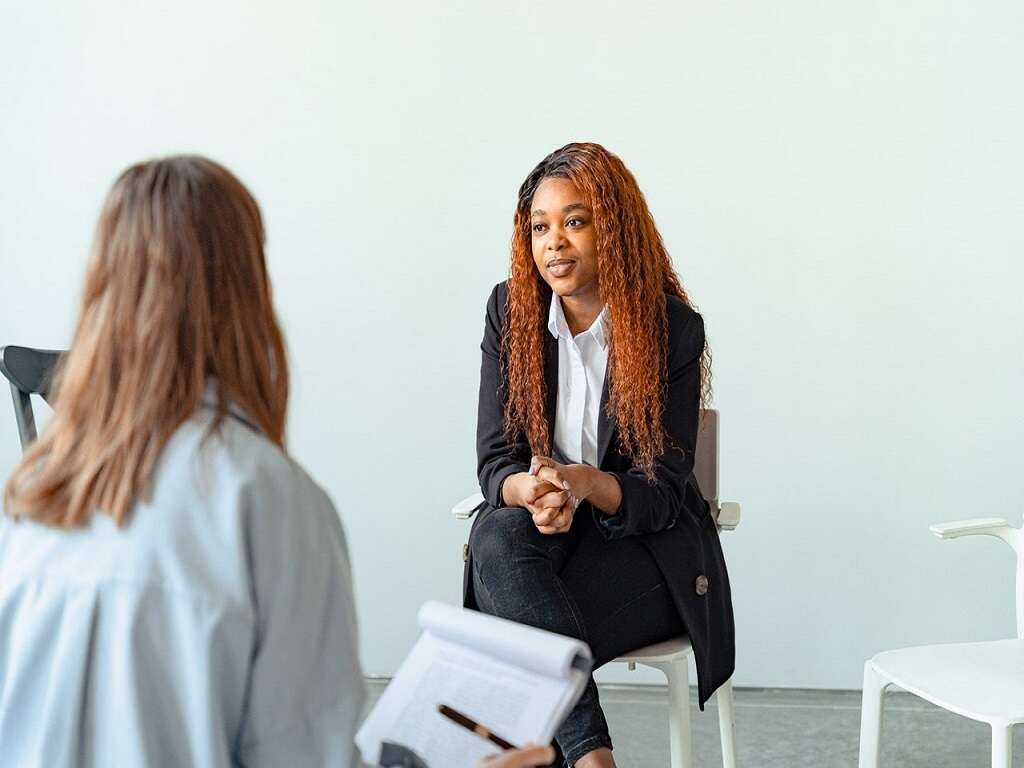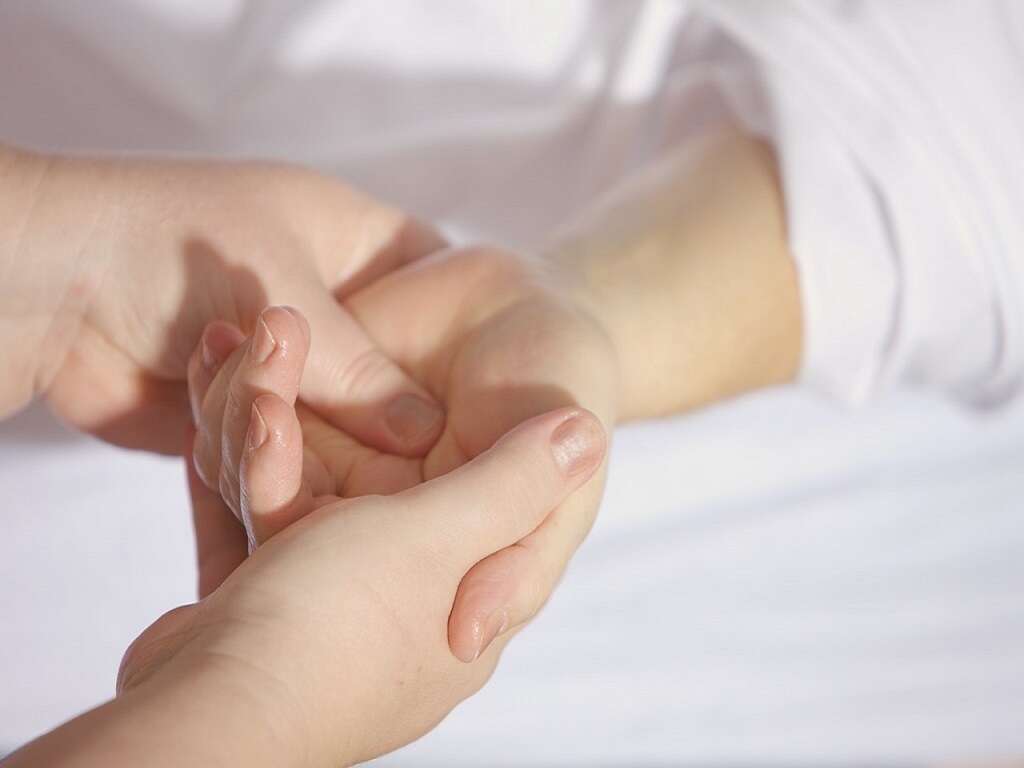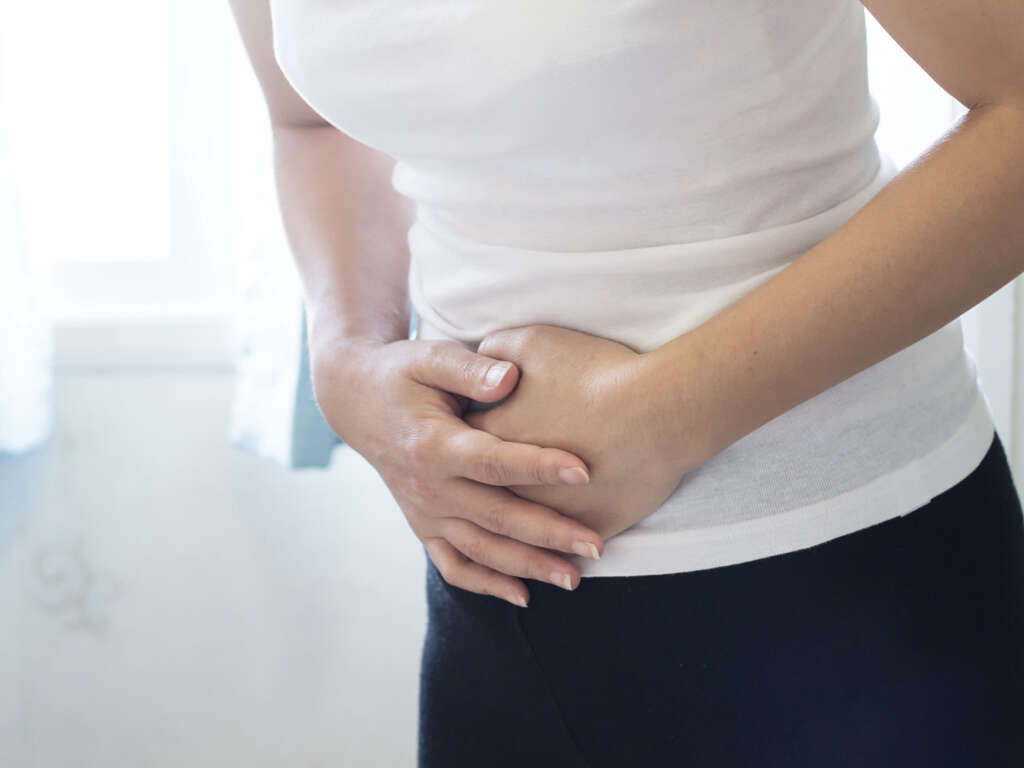10 Cystitis Symptoms
 Article Sources
Article Sources
- 1. 'Cystitis.' NHS.uk, 23 Oct. 2017, www.nhs.uk/conditions/cystitis
- 2. 'What is Interstitial Cystitis(IC)/Bladder Pain Syndrome?' Urology Care Foundation, www.urologyhealth.org/urology-a-z/i/interstitial-cystitis
- 3. 'Cystitis.' Better Health, www.betterhealth.vic.gov.au/health/conditionsandtreatments/cystitis
- 4. 'Blood in Urine (haematuria).' Nidirect, 12 Apr. 2021, www.nidirect.gov.uk/conditions/blood-urine-haematuria
- 5. 'Symptoms & Causes of Interstitial Cystitis.' National Institute of Diabetes and Digestive and Kidney Diseases, 27 July 2017, www.niddk.nih.gov/health-information/urologic-diseases/interstitial-cystitis-painful-bladder-syndrome/symptoms-causes
- 6. 'Cystitis Symptoms and Treatments.' NHS Inform, www.nhsinform.scot/illnesses-and-conditions/kidneys-bladder-and-prostate/cystitis#symptoms-of-cystitis
- 7. 'Vesicoureteral Reflux (VUR) in Infants & Young Children.' HealthyChildren.org, www.healthychildren.org/English/health-issues/conditions/genitourinary-tract/Pages/Vesicoureteral-Reflux-in-Infants-Young-Children.aspx
Urinary Urgency
When the bladder is inflamed, it usually can't hold as much urine. Increased bladder sensitivity generally causes faster elimination of urine. The bladder sends signals to the brain that it needs to be emptied immediately, creating an urgent feeling of needing to visit the bathroom with little warning.
It's common for people to empty their bladder and then experience a strong urge to urinate again minutes later. This can be distressing and cause people to fear being far from a restroom.
Advertisement
